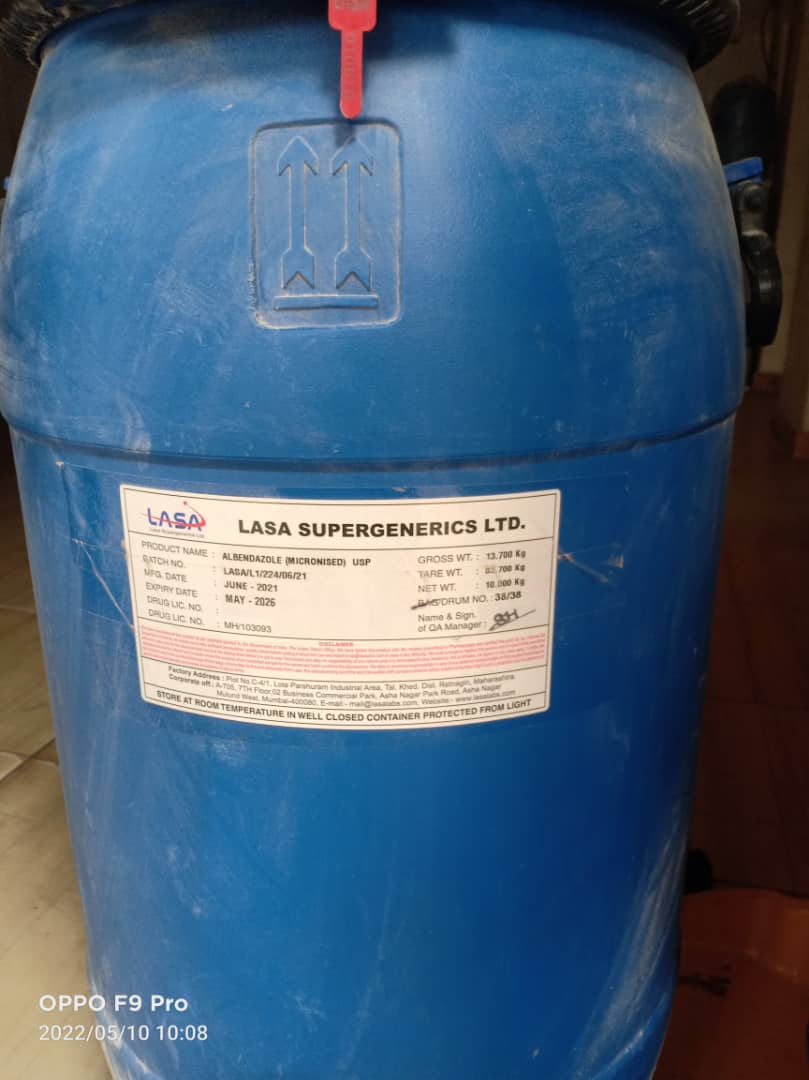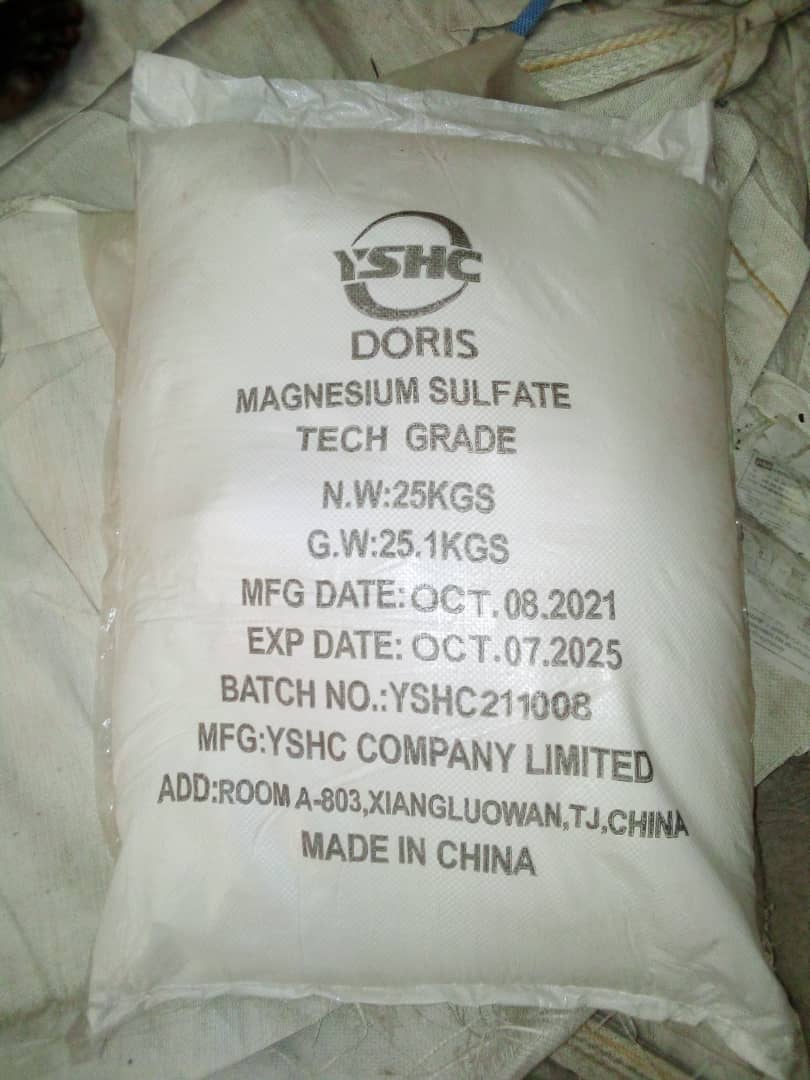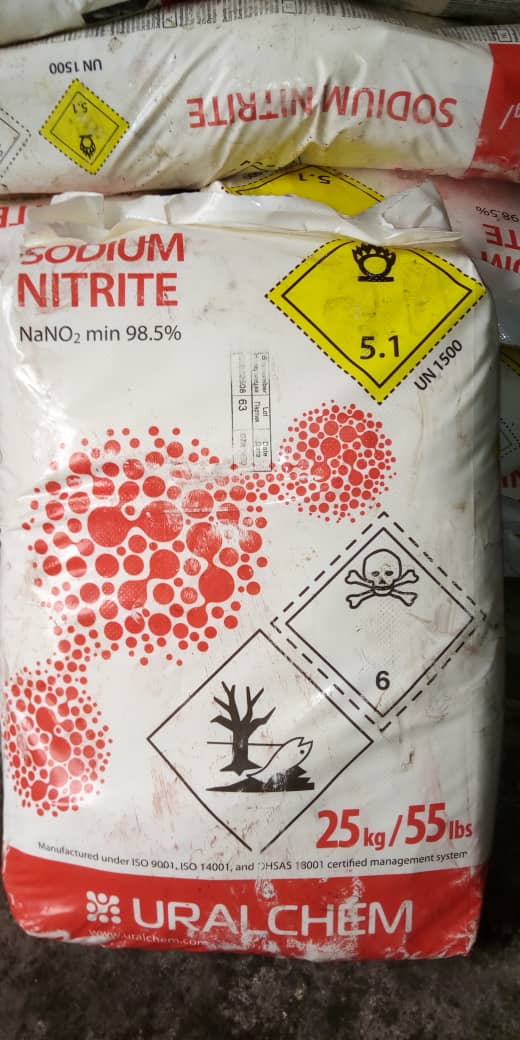Vitamin A palmitate is an ester of retinol (vitamin A) and palmitic acid, a saturated fatty acid. It's a common form of vitamin A used in supplements, food fortification, and topical skincare products. When absorbed by the body, it is converted to retinol and other active forms of vitamin A.
Here's a breakdown of what you should know about vitamin A palmitate:
What it is:
- Chemical Name: Retinyl palmitate
- Form: A stable, oil-soluble form of vitamin A. It's less reactive to oxygen and light compared to retinol, making it a preferred form for many applications.
- Source: Can be derived from animal sources (like fish liver oil) or synthesized.
How it works in the body:
Once ingested or absorbed through the skin, enzymes in the body hydrolyze retinyl palmitate, breaking it down into retinol and palmitic acid. The retinol can then be:
- Converted to retinal: Essential for vision, particularly in low light conditions. Retinal combines with a protein called opsin in the retina to form rhodopsin, the light-sensitive pigment.
- Oxidized to retinoic acid: A hormone-like molecule that regulates gene expression and plays a crucial role in cell growth, differentiation, and immune function.
- Stored in the liver: Vitamin A is fat-soluble and can be stored in the liver for later use.
Common Uses:
- Dietary Supplements: A widely used form of vitamin A in oral supplements, often in combination with other vitamins and minerals. It helps prevent and treat vitamin A deficiency.
- Food Fortification: Added to foods like milk, margarine, and cereals to increase their vitamin A content and help combat deficiency in populations.
- Topical Skincare: Found in various creams, lotions, and serums due to its potential skin benefits:
- Antioxidant: Helps protect the skin from damage caused by free radicals.
- Anti-aging: May help reduce the appearance of fine lines and wrinkles by promoting collagen production and cell turnover.
- Acne treatment: Can help regulate skin cell growth and reduce inflammation, although other retinoids like retinoic acid and retinal are generally more potent for acne.
- Improved skin texture and tone: Can contribute to smoother and more even-toned skin.
- Ophthalmic Preparations: Sometimes used in eye drops or ointments to treat certain eye conditions related to vitamin A deficiency.
Benefits of Vitamin A:
Vitamin A is essential for numerous bodily functions, including:
- Vision: Crucial for maintaining healthy vision, especially night vision.
- Immune Function: Supports the development and function of immune cells.
- Cell Growth and Differentiation: Plays a role in the growth and development of all cells in the body.
- Skin Health: Helps maintain healthy skin, hair, and mucous membranes.
- Reproduction: Important for normal reproductive function.
- Bone Health: Contributes to bone growth and maintenance.



















